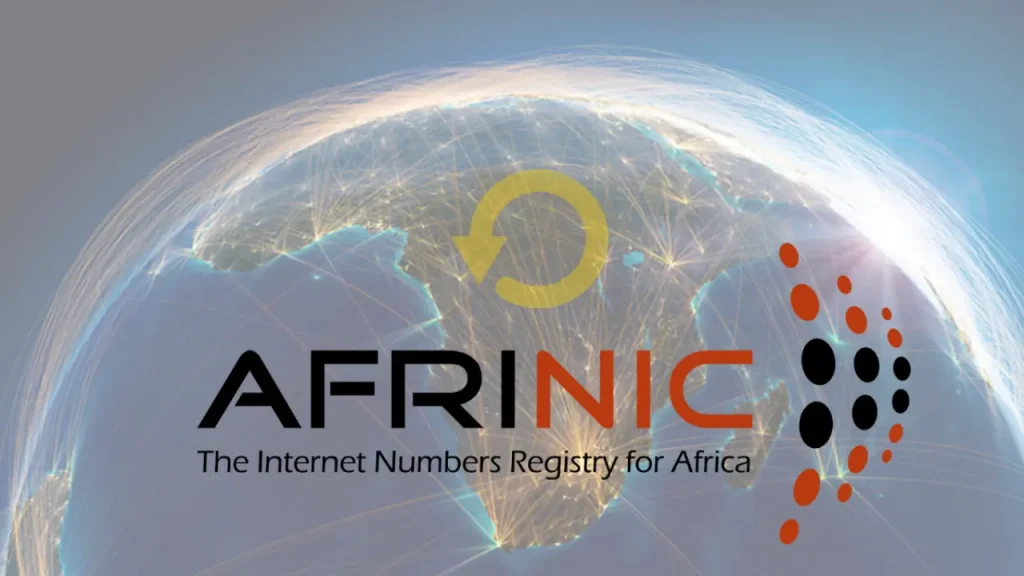- Liquidation seen by some as extreme, but possibly the only route to restore credibility and operational stability
- Petition to dissolve AFRINIC reignites debate over accountability and reform in Africa’s internet governance
Governance breakdown sparks drastic action
AFRINIC, the Regional Internet Registry for Africa, is now facing a potential dissolution under a winding-up petition filed in Mauritius. The move follows a series of governance crises, including the cancellation of its board election in June 2025. Although the vote was conducted under a court-appointed Receiver, the process was invalidated due to concerns over a single proxy vote—despite the legitimacy of hundreds of others going unquestioned. This abrupt halt intensified frustrations from stakeholders expecting a path toward institutional recovery.
AFRINIC’s operational stagnation has persisted for years. Delays in policy implementation, unresolved financial questions, and repeated board suspensions have eroded its ability to function effectively. The inability to complete a board election, even under judicial oversight, has led some to conclude that the registry can no longer repair itself from within.
A growing credibility crisis
Beyond electoral issues, AFRINIC has struggled with broader structural problems. The rollout of IPv6 security infrastructure has lagged, and key services like RPKI remain poorly adopted across the region. Multiple legal disputes, including asset freezes, have further undermined the organisation’s capacity to allocate internet number resources reliably.
Supporters of dissolution argue that AFRINIC no longer fulfils its obligations as a regional steward of internet resources. They point to continued procedural failures and the lack of meaningful reform efforts as justification for a court-supervised liquidation. Such a process, they argue, could allow for the appointment of a neutral administrator tasked with restoring transparency and reorganising the registry’s functions in the public interest.
Also read: Cloud Innovation supports ICANN’s move to derecognise AFRINIC, calls for successor to be immediately identified
Also read: ICANN’s quiet power grab: ICP-2 compliance document raises alarms amid AFRINIC crisis
A reset or a risk?
The proposal to dissolve AFRINIC is undoubtedly radical—it would be the first time a Regional Internet Registry faces court-ordered liquidation. Critics warn that dismantling AFRINIC could destabilise IP allocation across 54 countries, with knock-on effects on digital infrastructure and connectivity. But supporters counter that a controlled transition under legal oversight is preferable to ongoing dysfunction.
For these proponents, liquidation is not about disruption, but about accountability. The view is that a neutral, law-bound process could clear the path for new governance structures that operate with restored legitimacy and technical competence. Without intervention, they argue, AFRINIC’s current framework will continue to deteriorate—potentially harming internet development in the region.
A pivotal moment approaches
The case is scheduled to be heard in the Mauritian courts on 24 July. Its outcome could redefine the trajectory of internet governance in Africa. If the court approves the petition, AFRINIC’s future would pass into the hands of a liquidator, with the potential to rebuild operations from the ground up. If the petition is denied, pressure for sweeping internal reform will intensify, as trust in the current model has waned significantly.
The debate is no longer simply about AFRINIC’s legal status, but about the best way forward for internet resource management on the continent. Whether liquidation proceeds or not, few dispute that the status quo is untenable—and that a serious governance reset is overdue.

